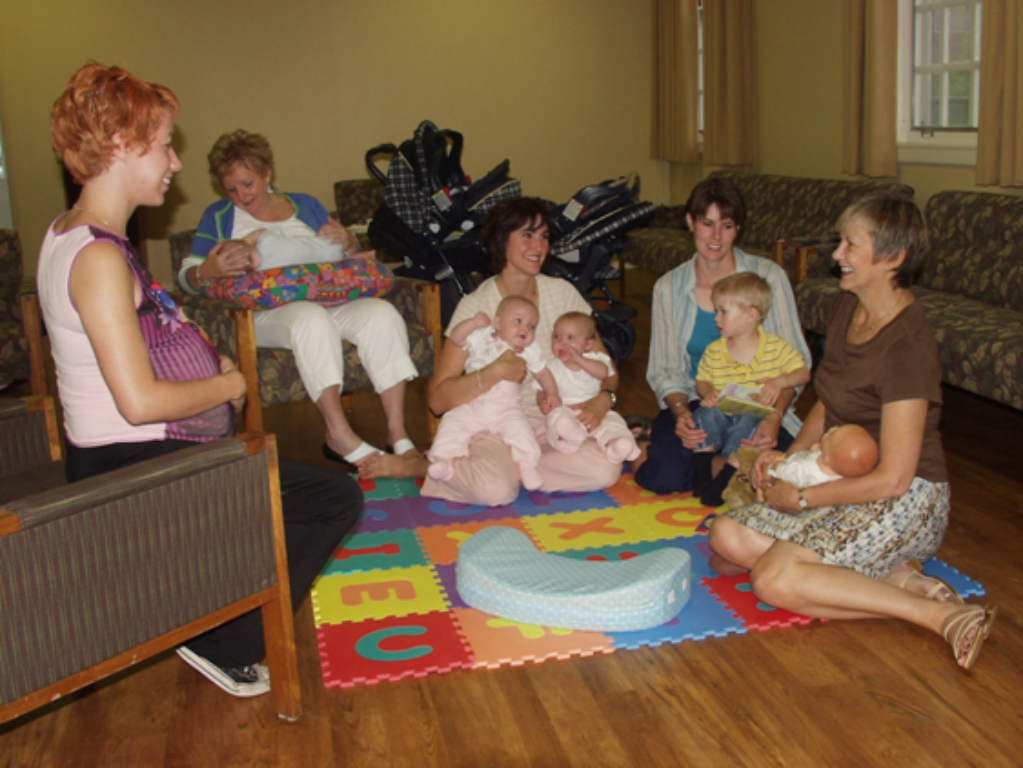j. Creating Breastfeeding Support
Although breastfeeding is the natural way to feed your baby, that doesn't mean that you will know how to do it right away. Most mothers need information and support while breastfeeding especially during the first two months.

1. How Can a Breastfeeding Support Network Help Me?
It is good to plan your support network ahead of time. Think about friends, members of your family, professionals, and any other person who will be able to help. It is also a good idea to determine how these people can support you during breastfeeding.
With the help of a support group, you will have
- someone to talk to about breastfeeding and from whom you can get help either in person or by phone.
- someone in whom you will be able to confide anytime during the day or night; but most often during the night.
- someone who will check up on you to see how you are making out.
- someone who will take care of the baby while you take a bath, go to the hairdresser, or simply have a rest.
- someone who will prepare some meals, do the cleaning, or get the groceries.
- someone who will care for the other children if you have any. The other children, depending on their ages, can also be involved.
- someone who will invite you, your baby, and your family for a meal or an outing.
- someone who will babysit while you and your partner go out.
Keep in mind that your family and friends will offer advice whether you have asked or not. Some advice will be helpful, some not. Don't be afraid to ignore the advice that is not good for you. Thank them and do what you think is best for you and your baby.
2. Who Can Be Part of My Support Network?
Now is time to create this support group so you will be ready when your baby is born. Here are a few suggestions.
- Find one or two mothers who have enjoyed breastfeeding and who live near you. Ask them if they will give you moral support and help you if necessary.
- Talk to your partner about sharing the workload once the baby arrives and explain why you will need his help.
- Find out if there is a support group in your area. If possible, attend one or two meetings before the baby is born. This will allow you to establish contacts with mothers who have already lived the breastfeeding experience.
- Find other mothers to talk with and who will agree to exchange child care services. Find out how you can give each other time off when you need it.
- Check to see if there are community groups or a Parent Resource Center in your area that feature day nursery services, mother-baby groups, or exercise programs you can join.
- Talk about breastfeeding with your public health nurse. There are Breastfeeding Support Drop-ins in the community to assist you with your breastfeeding.